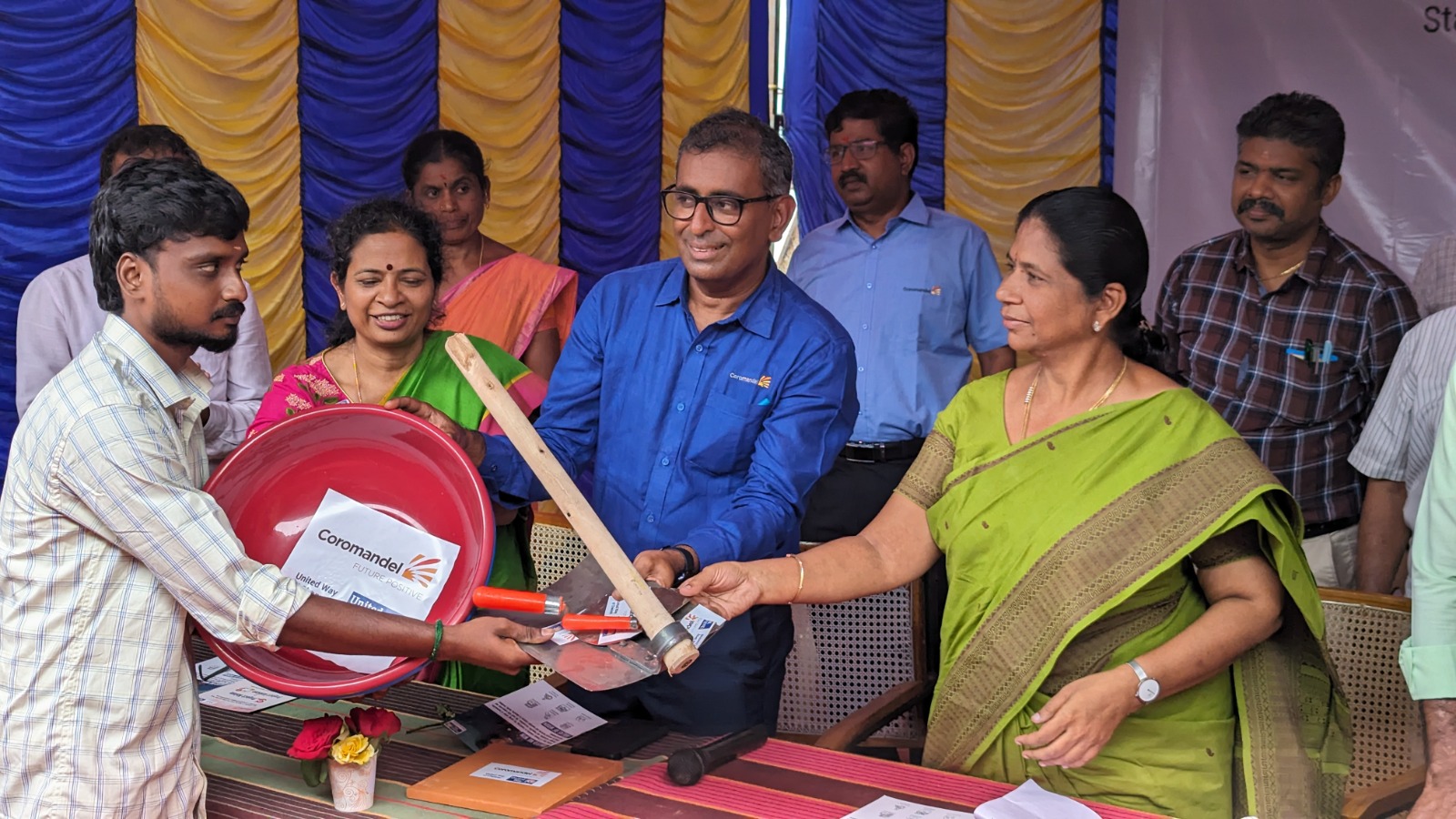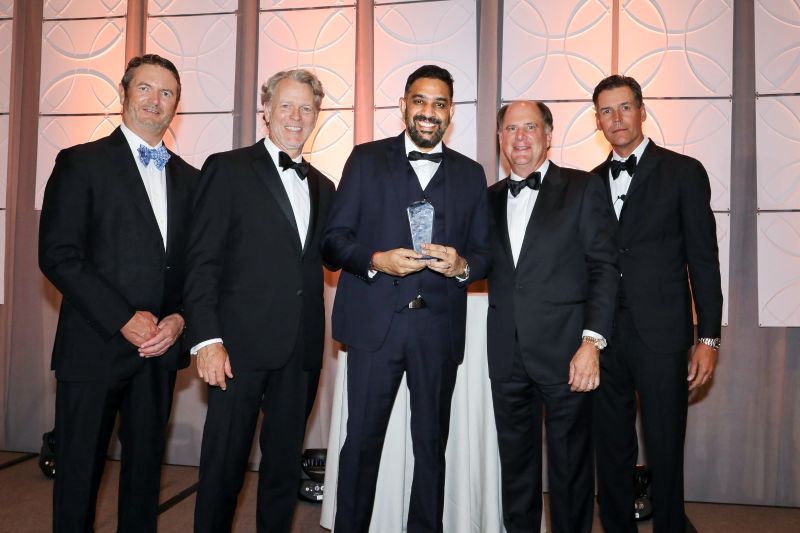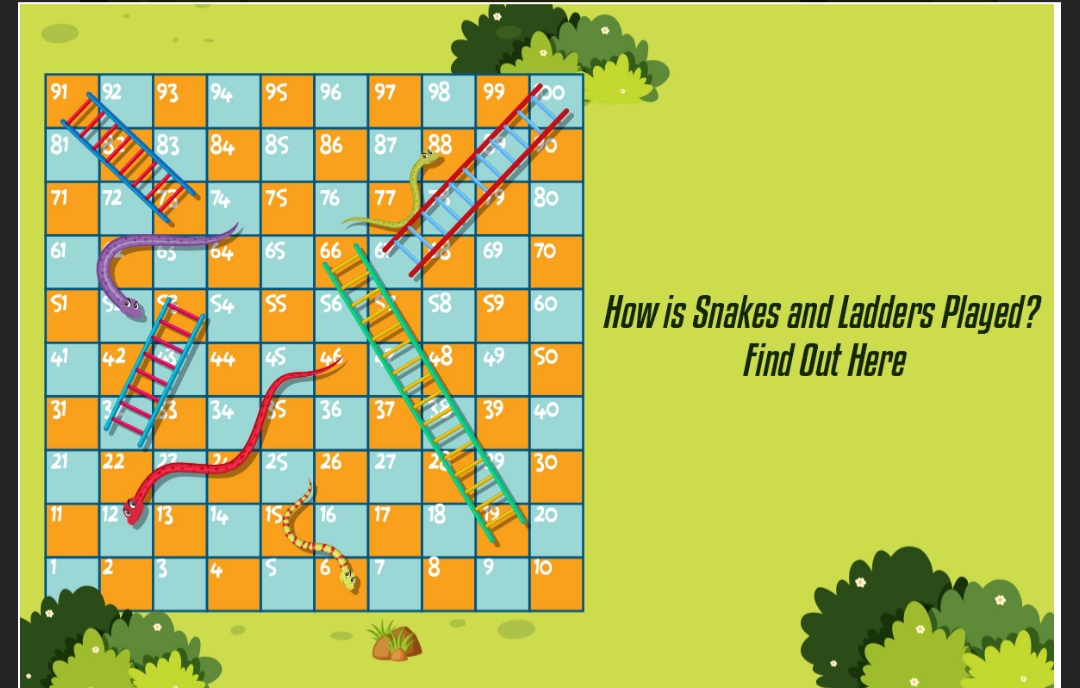Trending Now
- IPL 2024 begins with a bang. First contest between CSK and RCB.
- Election commission allots mike symbol to Naam Thamizhar Katchi
- AIADMK promises to urge for AIIMS in Coimbatore, in its election manifesto.
- Ponmudi becomes higher education minister.
India News
Exploring the rise of the coffee culture in India
![]() December 26, 2017
December 26, 2017
The giants of the national and international coffee industry, policy makers, industry captains, exporters, manufacturers and host of other luminaries associated with the coffee industry converged for the curtain raiser of 7th Edition of India International Coffee Festival, 2018, to be held in January. The event is particularly interesting because, we didn’t realise when coffee became so popular, all over India, barring a few states which always doted on coffee. The coffee industry has grown in leaps and bounds ever since the advent of Cafe Coffee Day in 1996 and the latest addition is the coming of starbucks.
As the tagline of Cafe Coffee Day says ‘a lot can happen over coffee’, indeed, a lot of socialisation for the youngsters happens over coffee these days. The urban space where you could chat up a friend drinking your latte and cappuccino appealed to the youngsters who were looking out for something like this. Even though coffee was still a drink that was associated with the urban niche in the northern states, that was more used to its customary chai, it was a drink of choice for the southern states like Tamil Nadu and Karnataka, where they would begin their day with a hot cup of filter coffee.
“India is the sixth largest coffee producer in the world. But most indians prefer drinking tea than coffee, therefore 80% of our coffee produce is exported. Sadly, our knowledge about coffee is instant coffee and we know no better. We don’t know about the beans and the varieties available. But the southern states have always woken up to filter coffee that are served in street-side kaapi bars. Kaapi is the name of that Indian filtered coffee,” says Arvind T, a Kannadiga who swears by his coffee. No wonder this has been reiterated by Priyank Kharge, Hon’ble Minister for IT, BT and Tourism, Government of Karnataka, who was quoted saying, “I am glad that India International Coffee Festival is being hosted in Bengaluru – the true home state of Coffee. Government of Karnataka is proud and privileged to host the seventh edition of IICF, which will help us enhance our reputation as one of the best coffee growing states in the world.”
And perhaps that explains the tourism in places such as Chikmaglur and Coorg. “Department of Tourism hopes to leverage IICF to promote Coorg, Chikmaglur and Sakleshpur as not only coffee growing districts and also as a tourist destinations, as these districts have great landscapes with unique culture & cuisines which can be experienced through homestays.
For this reason, we are committed to develop the ecosystem for experiential tourism thorough Coffee trails and homestays,” The Minister explains.
There is no doubt that the face of coffee consumption is changing in India. European style cafés are now popping up all over urban India. “The coffee culture in India dates back to the 1670s when an Indian Muslim saint smuggled seven beans and planted them in the country. This plantation grew over the years, until India decided to focus on exporting them to the rest of the world,” explains Arvind.
It is interesting to note that 40% of youngsters drink coffee because of the pleasure. But, if that very reason pushes the annual growth in the coffee industry by 5%, who is complaining. “Let’s be real. Most of us don’t know our coffee. The industry has been greatly helped because of good advertising. We aren’t aware of the leading Indian brands like HUL, Tata Coffee, CCL as well as International brands like Astoria, Probat, Buhler. d, and Singapore and of course India will address the delegates. We don’t know how to brew, roast our coffee. But such festivals are a reminder of how this drink has become a popular one,” concludes Ranjit Sharma, owner of a small coffee corner.





















